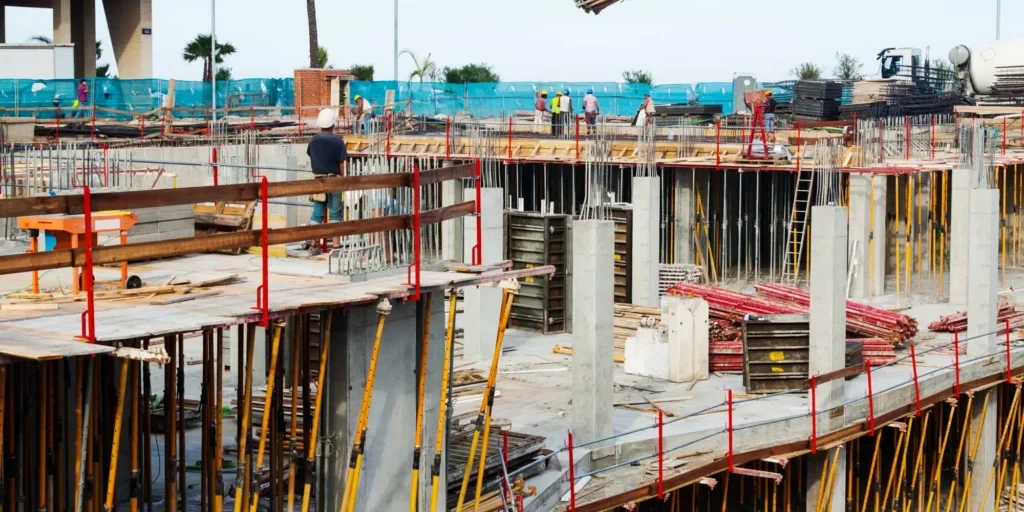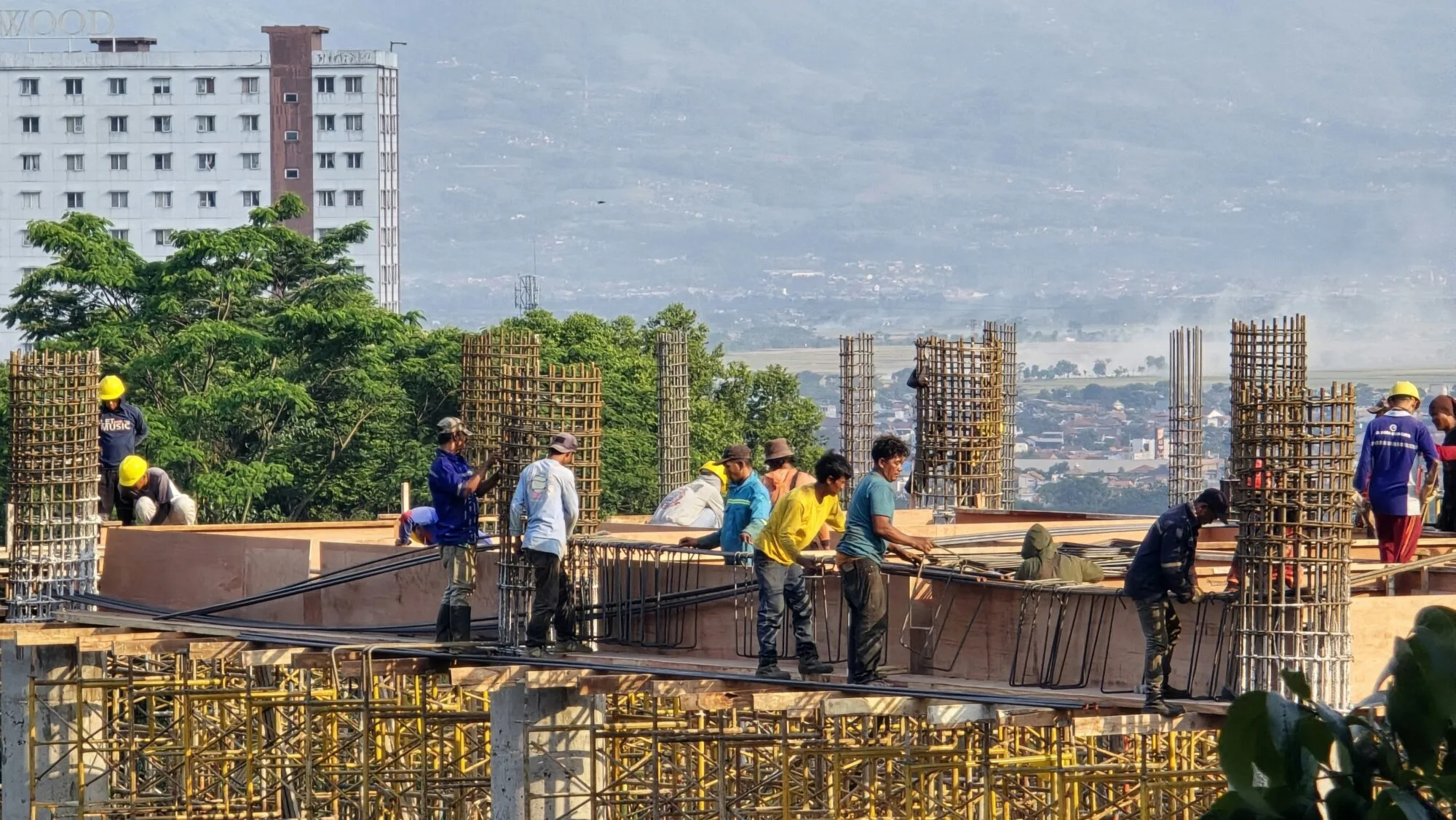
Housing for Ethiopia’s Growing Urban Population: Opportunities for Businesses
Imagine a city where every third person struggles to find a decent place to live. This scenario is not fiction but a looming reality for Ethiopia, a country experiencing one of the fastest urbanization rates in Africa. With an urban population expected to reach 42.3 million by 2037, the demand for affordable housing is skyrocketing. How can Ethiopia meet this challenge, and what opportunities does this present for businesses?
Building Affordable Futures
Initial steps have been taken to tackle the affordable housing crisis in Ethiopia. Various government and private sector initiatives are underway, focusing on the construction of low-cost housing units in urban areas. Projects in cities like Addis Ababa are making headway with the construction of high-rise condominiums and affordable housing complexes. Local research centers are developing innovative building materials, such as bamboo and prefabricated components, which have shown promising results in reducing construction costs and time. With nearly 30,000 km² of land identified as suitable for such developments, the potential for large-scale affordable housing projects is significant.

Overcoming Barriers
The housing sector is fraught with substantial social and economic challenges. High construction costs, limited access to financing, and significant urban-rural disparities are major barriers. The reliance on imported construction materials, coupled with high mortgage interest rates and stringent collateral requirements, further complicates the landscape. Low and often volatile incomes keep many urban residents in poverty, making it difficult for them to afford decent housing. These challenges highlight the need for a comprehensive approach that combines innovative solutions, strategic partnerships, and supportive government policies.
Constructing Solutions
Ethiopia’s rapidly growing urban population and significant housing deficit present strong opportunities for international investment in the affordable housing sector. With an estimated need for nearly half a million new homes annually, the market demands innovative, scalable solutions. Investors can tap into opportunities in local manufacturing of cost-effective and sustainable building materials such as prefabricated components, bamboo, and recycled plastic. There is also potential to leverage carbon credits through the use of biobased construction materials, enhancing both environmental impact and financial returns.
In addition, the sector offers openings for companies specializing in modular and energy-efficient design, construction consultancy, and workforce development through training partnerships with local vocational institutions. Integrating sustainable WASH infrastructure into housing developments further improves living conditions and long-term viability. As Ethiopia prioritizes inclusive urban development and housing finance reform, the environment is increasingly conducive for impact-driven, commercially viable investment.
–> Download Affordable Housing Factsheet <–
Interested in exploring the housing and construction market in Ethiopia? Reach out to us at ethiopia@traide.org.









